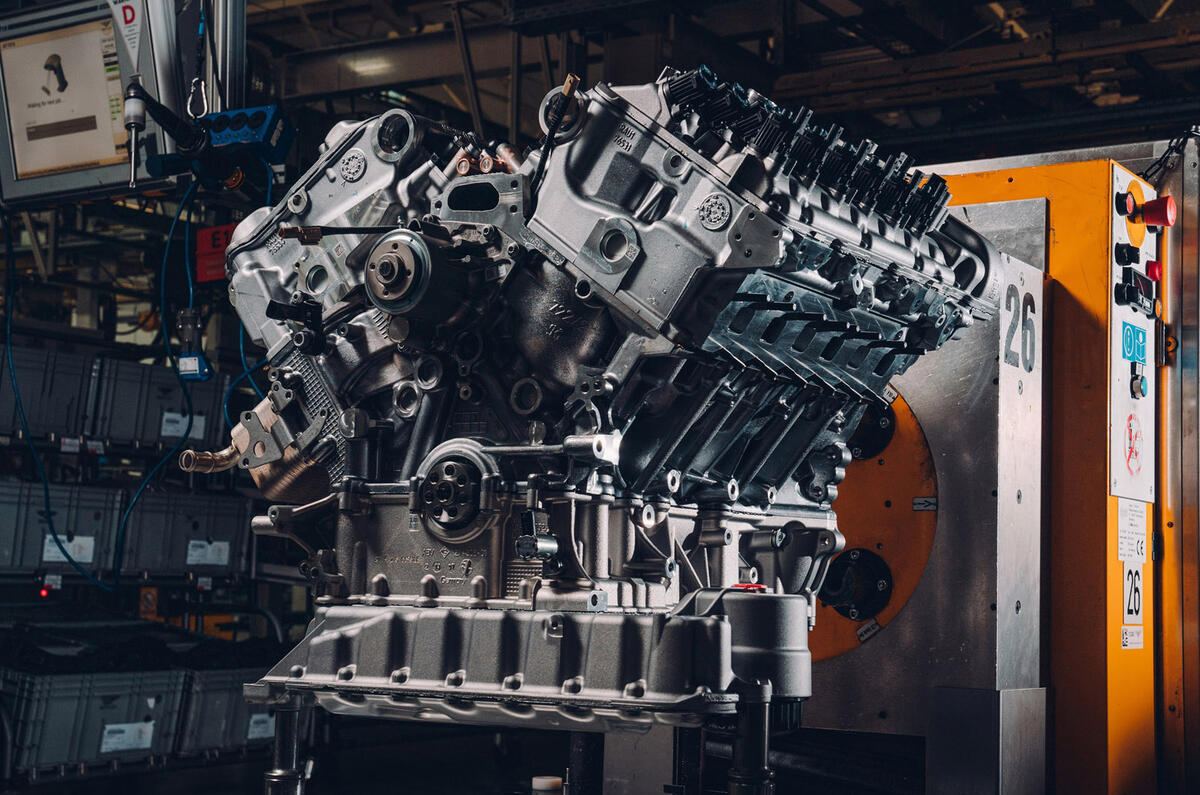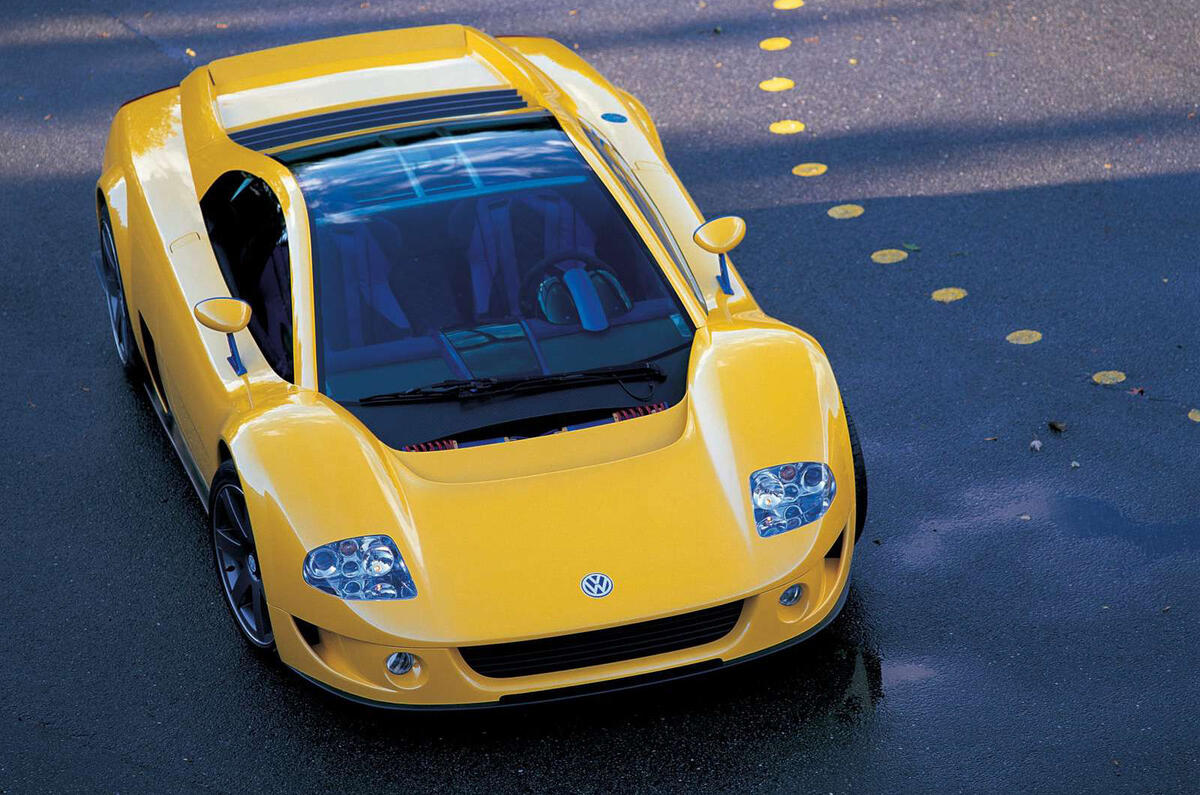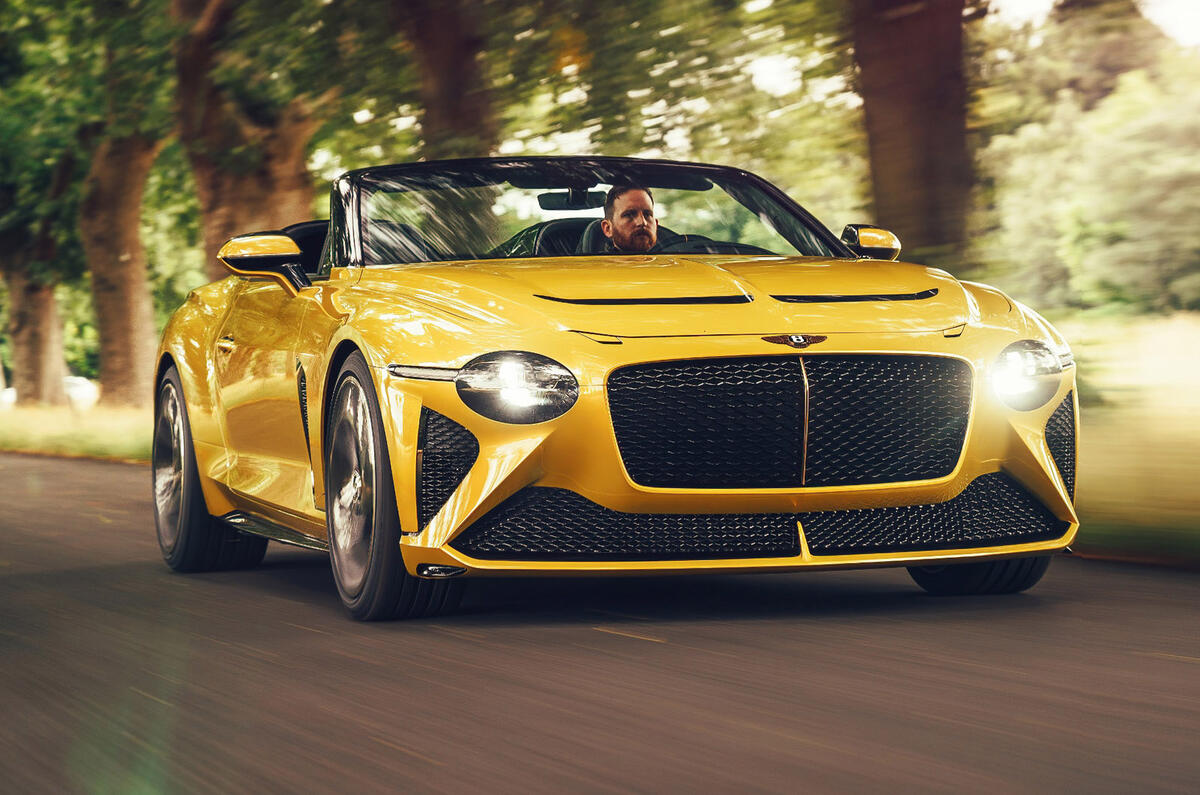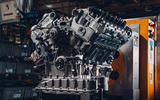Bentley’s decision to discontinue production of its 6.0-litre W12 engine ends a distinguished reign for one of the most powerful, reliable and interesting engines ever made in the UK.
The unit’s novel, four-bank design was conceived when Volkswagen Group engine designers, thinking outside the box, combined two narrow-angle VR6 engines above one crankshaft at an included angle of 72deg. The resulting 6.0-litre turbocharged engine – much lauded by Ferdinand Piëch, the tech-loving group supremo of the time – appeared first in a record-breaking Volkswagen concept in 2001 and then in a version of the Audi A8.

However, it came to global prominence in 2003 as power for the seminal Continental GT coupé, the first new Bentley to be launched after the somewhat messy divorce between Bentley and Rolls-Royce in 1998. Two years later, it was adopted for the Flying Spur limousine, closely related under the skin to another Piëch favourite, the VW Phaeton.
The engine’s complex layout meant it needed a good deal of noise and vibration development, but one of its main virtues was compactness: it was actually smaller than Audi’s 4.2-litre V8 of the time. This was a particularly handy virtue in the relatively short-nosed Conti GT, which also had to accommodate the complexities of a permanent four-wheel drive system.













Join the debate
Add your comment
No, no really, how many People do you know drive a V12, a V8?compared to what we see on the roads every day these engines are produced in tiny numbers, you'd think the by the first few reactions that they were the Devils spawn.
It's definitely time to see the back of ICE production, but right to acknowledge the engineering achievements. I'm honestly really sad to see them go in many ways, but we can't ignore the reality of the climate crisis - and let's be honest, electricity fills the brief for the sort of massive, fast and refined verhicles much better anyway.
There is no climate crisis stop believing the nonsense from Politicians and XR. Every single UN IPCC climate change model and report since 1989 (their first report) have been proven incorrect. The UN IPCC can't even prove anthropogenic accelerated climate change. The Earth's Climate is extremely complex and has changed for 4.6 Billion years and will continue to do so long after we're both dead and will keep changing until the Sun dies in 10 billion years or when the Milky Way and Andromeda galaxies collide in 4.5 Billion years time.
Why should ICE go when we could run them on hydrogen like Toyota is working on or synthetic fuel like Porsche is doing? Enjoy your over priced BEV in future.